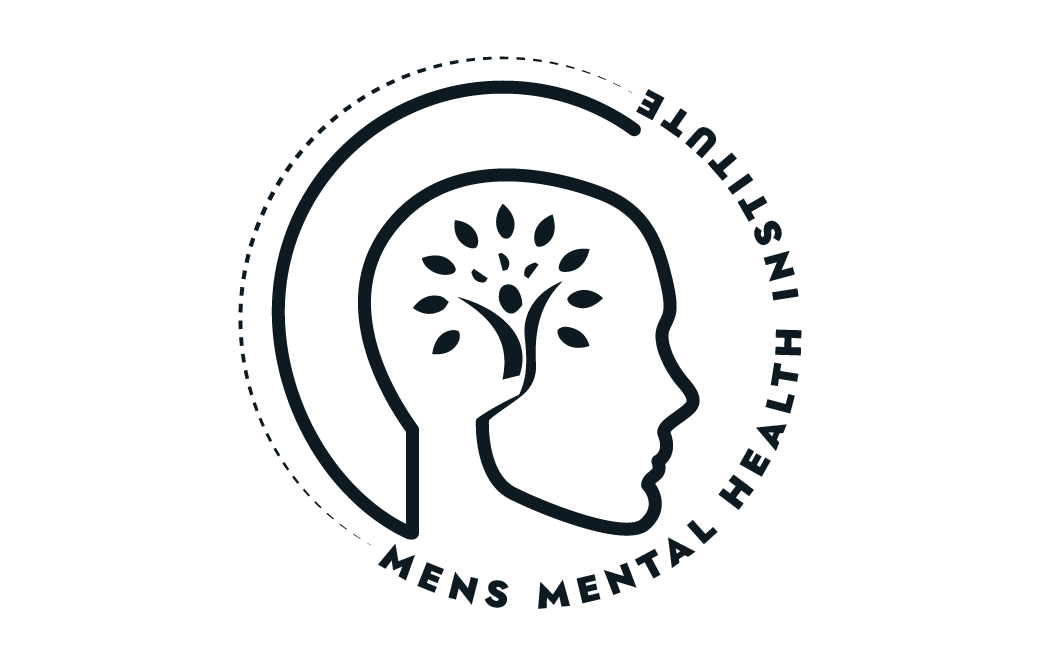Facing the Brutal Truth
You’re divorced. The marriage is done. Maybe you wanted it to work, maybe you didn’t. But right now, you’re staring at a mess: your identity shattered, your confidence shot, and your life flipped upside down.
Let’s be real, divorce hits a man’s ego hard. You went from being “the man” in a family, a provider, protector, maybe even a hero, to feeling like a failure overnight. Society doesn’t exactly hand out sympathy badges for this, so you’re left dealing with the internal chaos alone.
Your brain is wired to seek status, belonging, and control. Losing your family feels like losing your tribe, and your primal brain screams danger. At the same time, your social network may shrink because men often don’t have deep friendships built on emotional sharing. The result? Isolation, frustration, and that gnawing question: “Who the hell am I now?”
The modern dating scene makes it worse. You’re expected to “get back out there,” swipe, match, message, like it’s some game. But it’s a loaded game, designed to mess with your dopamine, your confidence, and your sense of self-worth. The quick judgments and constant rejection feel brutal, like a spotlight on your flaws.
How to Handle It and Rebuild
Drop the Nice Guy Act
If you’ve been bending over backward to be “easy” or “nice,” it’s time to recalibrate. Respect isn’t given for free; it’s earned through boundaries, authenticity, and self-respect.
Get Real About Your Identity
Therapy or honest reflection can help you ditch the victim mentality. Own your mistakes, but don’t let them define you. Rebuild around what matters to you, not what you think others expect.
Limit the Dating App Time
Swipe culture is a trap. Use apps as tools, not validations. Focus on real-world interactions, whether it’s social groups, hobbies, or work. Humans evolved to connect face-to-face, not through pixels.
Build a Support System
Men tend to isolate, but you need allies. Real friends, mentors, or a therapist who gets male struggles can help you navigate the mental fog and keep you accountable.
Set Clear, Actionable Goals
Whether it’s fitness, career, or hobbies, focus on small wins that rebuild your confidence and identity outside of dating or relationship status.
What You Gain When You Get This Right
You’ll feel like yourself again, strong, grounded, and in control of your life.
Dating becomes less about desperate validation and more about genuine connection. You’ll attract women who respect you, not just the version you think they want.
Your social life grows richer, with relationships built on trust and authenticity.
Most importantly, you reclaim your mental health, shedding the shame and confusion. That mental clarity boosts everything else: your work, your passions, and your future.
Starting over after divorce isn’t about pretending you’re fine or rushing back into a relationship. It’s about owning your story, learning from the wreckage, and building a life that makes you proud, no apologies, no fluff. It’s hard, but it’s the only way forward.








